We’ve been sold this idea that having a solid plan—mapped out, bullet-pointed, and five years deep—is what makes you successful, secure, or even just responsible.
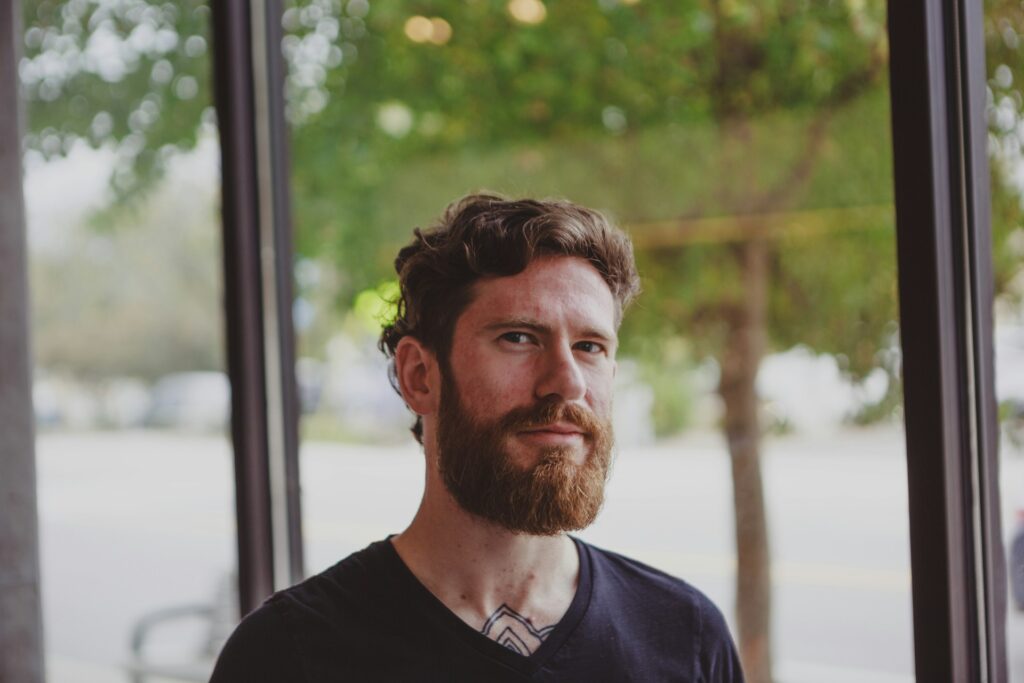
The thing is, life isn’t a spreadsheet, and for a lot of people, rigid planning just leads to anxiety, burnout, or disappointment when things don’t go as expected. The truth is, not having a plan doesn’t mean you’re lost. It doesn’t mean you’re lazy, either. It means you’re leaving space to figure things out as you grow, change, and learn more about what actually works for you. Here’s why that openness is more valuable than people give it credit for.
1. Life rarely sticks to the script anyway.
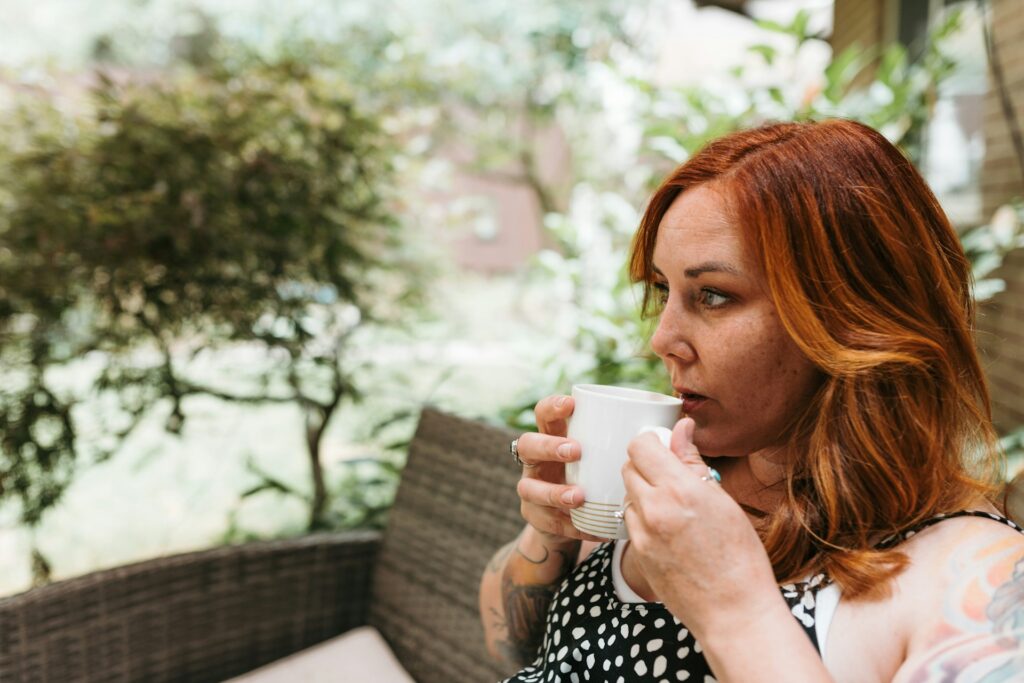
You can plan every step, make all the right moves, and still end up somewhere completely different than you expected. That’s not failure—that’s life doing what it does. Careers change, relationships do too, and unexpected opportunities pop up. Sometimes the detours end up being better than the original plan ever was.
When you don’t cling too tightly to a set idea of how things “should” go, you leave more room for the good stuff you couldn’t have predicted. Flexibility doesn’t mean you’re drifting aimlessly. It means you’re open to the unexpected turns that might lead to something even better.
2. Not having a plan can reduce pressure and anxiety.

Constantly trying to figure out the “right” direction for your entire future can feel like carrying a weight you were never meant to hold. The pressure to get it all right can make everyday choices feel overwhelming, and that anxiety builds over time.
Letting go of the need for a perfect plan doesn’t mean giving up. It just means you’re giving yourself room to breathe, experiment, and change your mind without feeling like every move has to be part of a master strategy. That freedom is a mental health win in itself.
3. It gives you space to figure out what actually feels right.

When you stop rushing to meet a timeline or tick boxes, you get to focus on what feels good in real time. You’re not just chasing what looks impressive—you’re tuning into what lights you up, what drains you, and what feels aligned with who you’re becoming.
This level of self-discovery takes time, and it doesn’t always fit neatly into a plan. But learning how to follow your instincts is far more valuable than blindly following a map someone else handed you just because it seemed safe.
4. Plans can box you in.
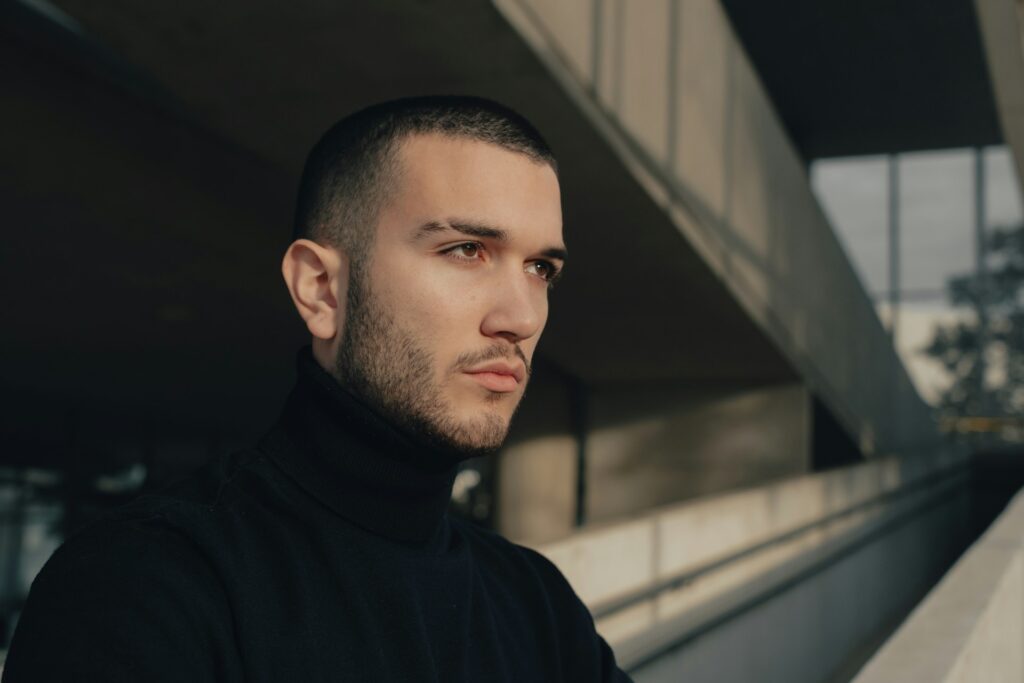
Having a strict life plan can make you feel stuck, especially when you start outgrowing the version of yourself who made it. You might find yourself pushing through something that no longer fits—just because it’s “the plan.” But that’s not commitment. That’s fear disguised as discipline.
When you allow your goals to change as you do, you stay true to yourself. You’re not abandoning ambition; you’re making sure your ambitions still make sense for who you are now, not who you thought you’d be five years ago.
5. It opens the door to more creativity.
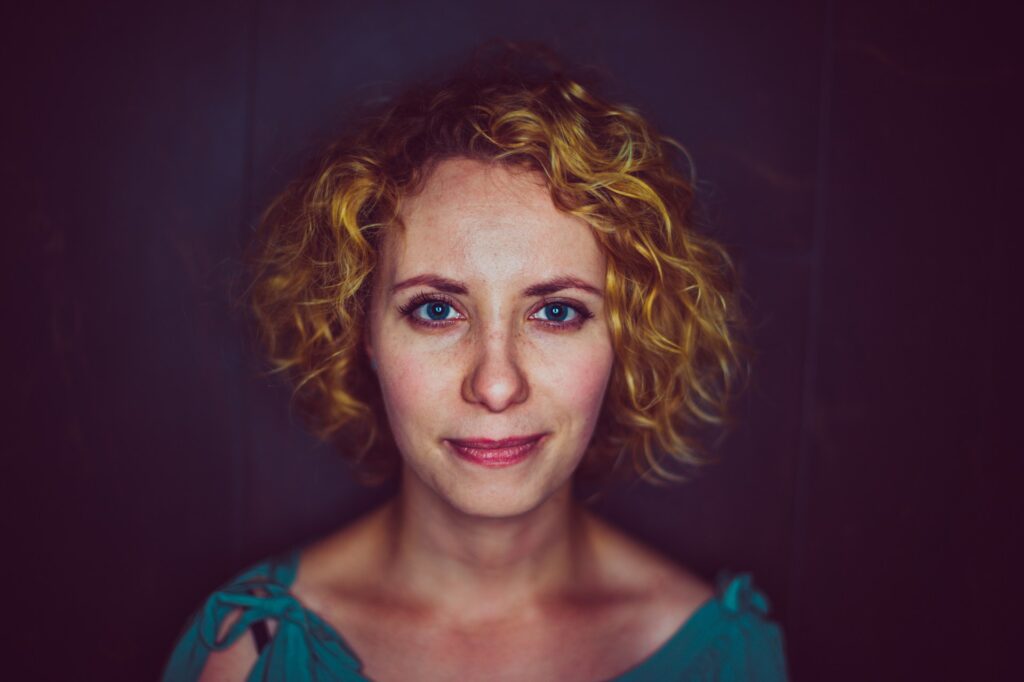
Some of the most creative breakthroughs happen when you’re not locked into a plan. That in-between space, where things feel uncertain, is often where new ideas are born. When you’re not stuck following a set track, your brain starts connecting things in new ways.
Whether it’s a new career direction, a personal project, or a change in values, not having a fixed roadmap gives you the mental space to explore. And in that exploration, you often discover parts of yourself you wouldn’t have found inside the comfort of a strict plan.
6. You can still build structure without a grand plan.

Not having a five-year roadmap doesn’t mean you’re just floating through life. You can still have structure—daily routines, short-term goals, values that guide your decisions—without needing to know exactly where everything is headed. A bit of soft structure gives you a way to stay grounded without boxing yourself in. It’s more about building rhythm than creating rigid timelines. That way, you can move forward without putting your life on rails you no longer want to follow.
7. It helps you stay present instead of always chasing.
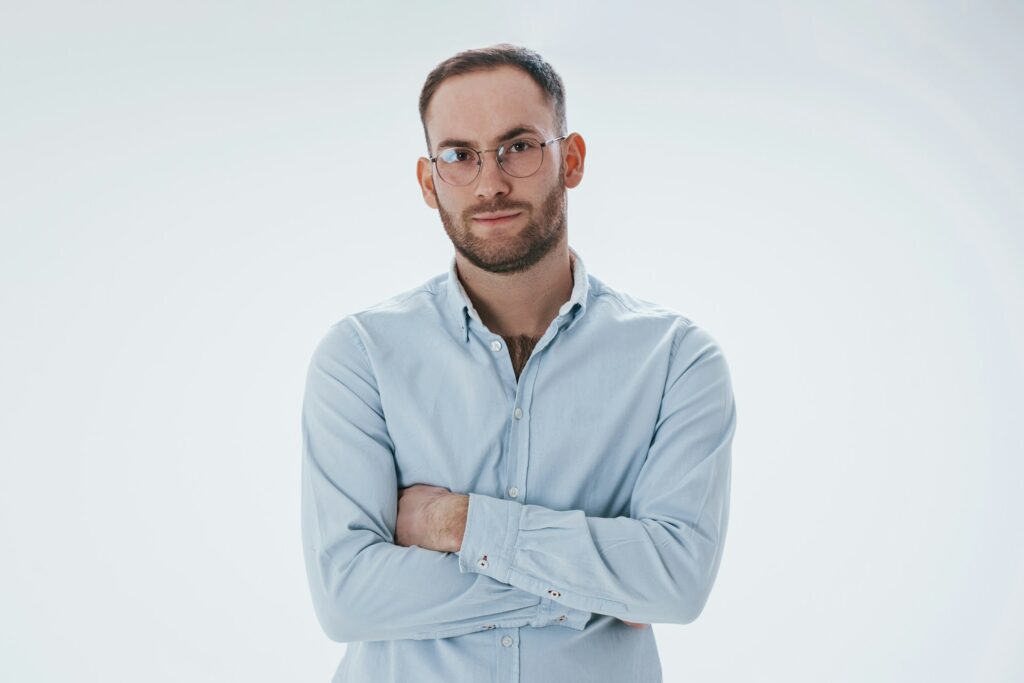
When your focus is always on the next step, the next milestone, and the next big thing, you miss out on what’s happening right now. Sometimes what’s happening right now is good, even if it doesn’t fit into a bigger picture yet. Not having a plan forces you to check in with the present moment. You start to value your days not just as stepping stones, but as part of your life. That change makes room for more joy, more spontaneity, and more gratitude for what’s already here.
8. It helps you learn to trust yourself.

When you don’t have a roadmap, your inner compass gets a chance to step up. You learn to make choices based on gut instinct, not just long-term predictions. You stop outsourcing direction to what other people say you “should” do and start building trust in your own decision-making.
Self-trust doesn’t develop overnight, but it gets stronger every time you listen to yourself and things turn out okay. The more you lean into that, the less you’ll feel like you need a perfect plan to stay afloat.
9. You’re allowed to live for experiences, not just achievements.

Planning tends to revolve around milestones—jobs, houses, promotions, degrees. But what if your life is rich in memories, friendships, personal growth, and moments that don’t come with certificates? That’s valid too. You don’t need a checklist to prove you’re doing life right.
Not having a plan can move your focus away from chasing trophies and toward building a life that actually feels good to live. That might mean detours, pauses, or starting fresh more than once. But those experiences build a story, not just a resume.
10. You’re not falling behind—there is no race.

One of the biggest fears about not having a plan is feeling like you’re “behind” other people. But behind what, exactly? Everyone’s timeline is different. What looks like success for one person might feel suffocating for someone else. You don’t need to be in constant motion just to keep up. You’re not late. You’re just on your own path, and it doesn’t need to look like anyone else’s. The only pace that matters is the one that feels sustainable and real for you.
11. Plans are just guesses with fancier stationery.

Most life plans are just educated guesses about what we think will make us happy, fulfilled, or secure. But no one can predict everything—not even with colour-coded planners and perfect intentions. Life’s going to throw things at you regardless.
When you realise that most plans are just scaffolding, it becomes easier to let go of the pressure to have one. You can still dream big, but you can also stay flexible when things don’t follow the imagined script. It’s not failure; it’s just adjusting the guess based on real-life data.
12. Not knowing what’s next can be a sign of growth.
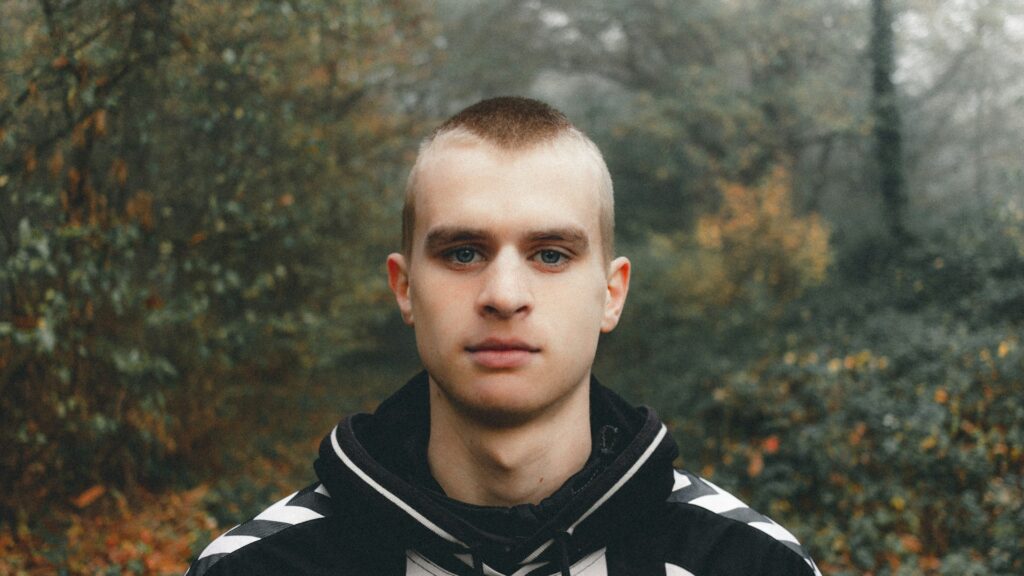
Sometimes we don’t have a plan because we’re in the middle of big internal changes. The old goals don’t fit anymore, but the new ones haven’t taken shape yet. That’s not being lost—it’s being in transition. And that’s a powerful place to be, even if it’s uncomfortable.
Being between versions of yourself means you’re evolving. You’re questioning, reflecting, and letting go of what no longer fits. It’s messy, yes, but it’s also honest. And from that honesty, a life that feels more real and meaningful will eventually take shape, one step at a time.


